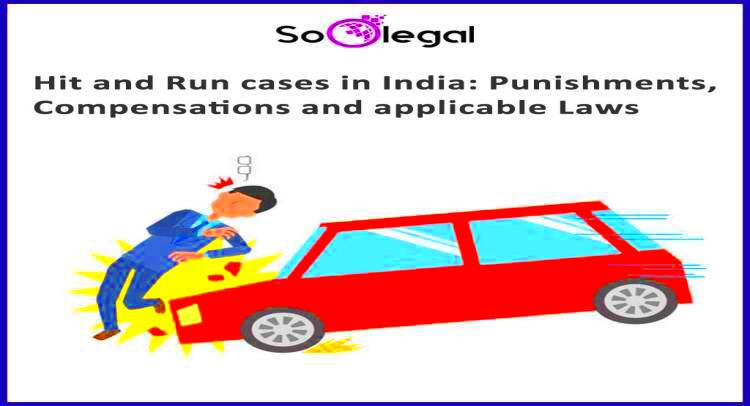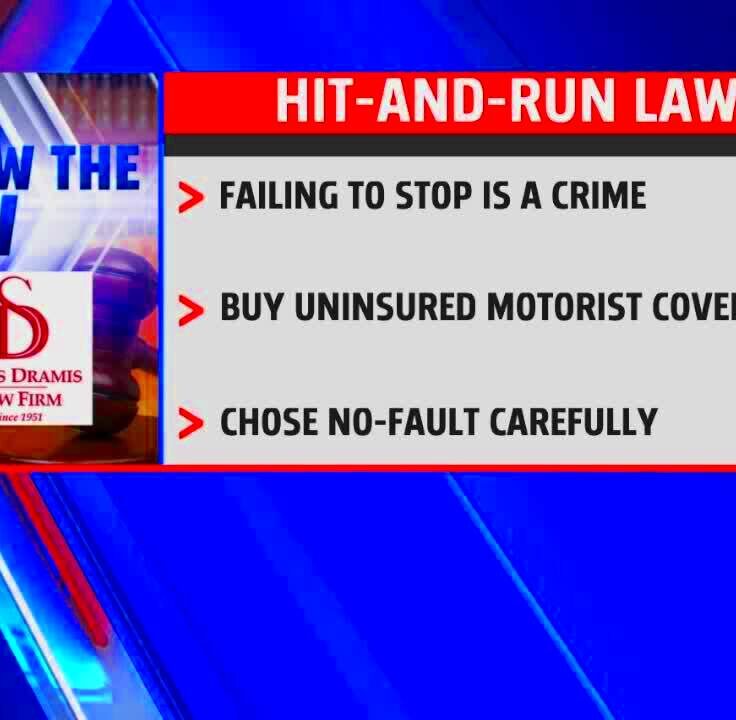Key Legal Aspects of Illinois Hit-and-Run Penalties
Hit-and-run laws are crucial for ensuring accountability on the roads. In Illinois, these laws address situations where a driver leaves the scene of an accident without providing their information or assisting those injured. Understanding these laws helps drivers recognize the serious implications of their actions. In this blog post, we will explore what constitutes a hit-and-run, the penalties involved, and other legal aspects surrounding these offenses.
Definition of Hit-and-Run in Illinois

A hit-and-run occurs when a driver involved in an accident fails to stop and provide their contact information or aid anyone injured. Illinois law specifically defines a hit-and-run as:
- Leaving the scene of an accident without identifying oneself.
- Failing to provide reasonable assistance to injured parties.
- Not notifying law enforcement about the accident.
It’s important to note that hit-and-run offenses can involve property damage, injury, or even fatalities. Regardless of the circumstances, the law treats these incidents seriously, as they undermine safety and responsibility on the roads.
Penalties for Hit-and-Run Offenses
The penalties for hit-and-run offenses in Illinois vary based on the severity of the incident. Here’s a breakdown of the possible consequences:
| Type of Offense | Potential Penalty |
|---|---|
| Property Damage | Class A misdemeanor: Up to 1 year in jail and/or fines up to $2,500 |
| Injury | Class 4 felony: 1 to 3 years in prison and fines up to $25,000 |
| Death | Class 1 felony: 4 to 15 years in prison and fines up to $25,000 |
In addition to criminal penalties, individuals convicted of hit-and-run may also face civil liability. This means they could be sued for damages by the victims, which can lead to significant financial repercussions.
Being informed about these penalties highlights the importance of taking responsibility after an accident. Leaving the scene not only escalates the legal consequences but also affects the victims and their families.
Factors Affecting Hit-and-Run Penalties
When it comes to hit-and-run penalties in Illinois, several factors can influence the severity of the consequences. Understanding these factors can provide insight into how the legal system operates. Here are the main aspects that can affect penalties:
- Severity of the Accident: If the hit-and-run involved serious injury or death, the penalties will be much harsher than in cases involving only property damage.
- Prior Criminal Record: A driver with previous offenses, especially related to traffic violations, may face stricter penalties compared to a first-time offender.
- Evidence of Intent: If it can be proven that the driver intentionally fled the scene, penalties will likely be more severe.
- Cooperation with Law Enforcement: A driver who voluntarily returns to the scene or cooperates with the investigation may receive more lenient treatment.
Understanding these factors is essential for anyone involved in a hit-and-run case. They can significantly impact the outcome and help in preparing a legal strategy.
Legal Defenses for Hit-and-Run Charges
Facing hit-and-run charges can be daunting, but there are potential defenses that can be used in court. Here are some common legal defenses that might apply:
- Lack of Knowledge: If the driver genuinely did not realize an accident occurred, they may argue that they did not intend to leave the scene.
- Involuntary Behavior: Situations like a medical emergency or being forced to leave the scene under duress can be valid defenses.
- Unreasonable Fear: If a driver feared for their safety in a dangerous situation, they may argue that their actions were justified.
- Insufficient Evidence: The prosecution must prove the driver committed the offense. If the evidence is lacking or unreliable, it may lead to a dismissal of charges.
Consulting with a legal expert can help determine the best defense strategy based on the specific circumstances of the case.
The Role of Insurance in Hit-and-Run Cases
Insurance plays a significant role in hit-and-run cases, especially concerning financial recovery for victims. Here’s how it works:
- Uninsured Motorist Coverage: This type of insurance can help victims recover damages if the at-fault driver cannot be identified.
- Claim Filing: Victims should promptly file a claim with their insurance company, providing all necessary details and evidence.
- Premium Impact: Being involved in a hit-and-run can impact the victim’s insurance premiums, as insurance companies may view it as a higher risk.
- Legal Assistance: Sometimes, hiring a lawyer can help navigate the complexities of insurance claims related to hit-and-run accidents.
Understanding the role of insurance can empower victims to seek the compensation they deserve while also highlighting the importance of maintaining adequate coverage.
Impact of Hit-and-Run on Victims
Hit-and-run accidents can have devastating effects on victims, both physically and emotionally. When someone flees the scene, it adds to the trauma of an already distressing situation. Here are some key impacts on victims:
- Physical Injuries: Victims may suffer from serious injuries that require medical attention. This can lead to long-term health issues, requiring extensive treatment and rehabilitation.
- Emotional Distress: The psychological impact of being involved in a hit-and-run can be significant. Victims may experience anxiety, depression, or post-traumatic stress disorder (PTSD) as a result of the accident.
- Financial Burden: Medical bills, vehicle repairs, and lost wages can quickly add up. Many victims struggle to cover these costs, especially if the responsible party is unknown.
- Legal Challenges: Victims may face challenges in seeking compensation due to the absence of the at-fault driver. This can complicate insurance claims and prolong the recovery process.
It’s essential for victims to seek legal advice to understand their rights and explore options for recovery. Support from friends, family, and professionals can also help in coping with the aftermath of such an event.
FAQs About Hit-and-Run Penalties in Illinois
If you have questions about hit-and-run penalties in Illinois, you’re not alone. Here are some frequently asked questions that can clarify common concerns:
- What constitutes a hit-and-run in Illinois? A hit-and-run occurs when a driver leaves the scene of an accident without providing contact information or helping injured parties.
- What are the penalties for hit-and-run offenses? Penalties vary depending on the severity of the incident, ranging from misdemeanors for property damage to felonies for serious injury or death.
- Can I be charged with a hit-and-run if I didn’t know I caused an accident? Yes, you can still face charges, but demonstrating a lack of knowledge can be part of your defense.
- How does insurance affect hit-and-run cases? Insurance can help victims recover costs through uninsured motorist coverage, but it may also impact premiums for those involved in the incident.
- Should I contact a lawyer after a hit-and-run? Yes, consulting a lawyer can provide valuable guidance in navigating legal and insurance issues related to a hit-and-run.
Conclusion on Hit-and-Run Legal Consequences
Hit-and-run incidents carry serious legal consequences in Illinois. The law takes a strong stance against drivers who flee the scene, reflecting the importance of accountability on the roads. Victims of hit-and-run accidents face numerous challenges, including physical injuries, emotional distress, and financial burdens. Understanding the legal penalties and available defenses can help both victims and drivers make informed decisions.
Whether you’re a victim seeking compensation or a driver trying to navigate the aftermath of an accident, knowing your rights and obligations is essential. Consulting with a legal professional can provide clarity and support, ensuring that everyone involved can work towards a resolution.


